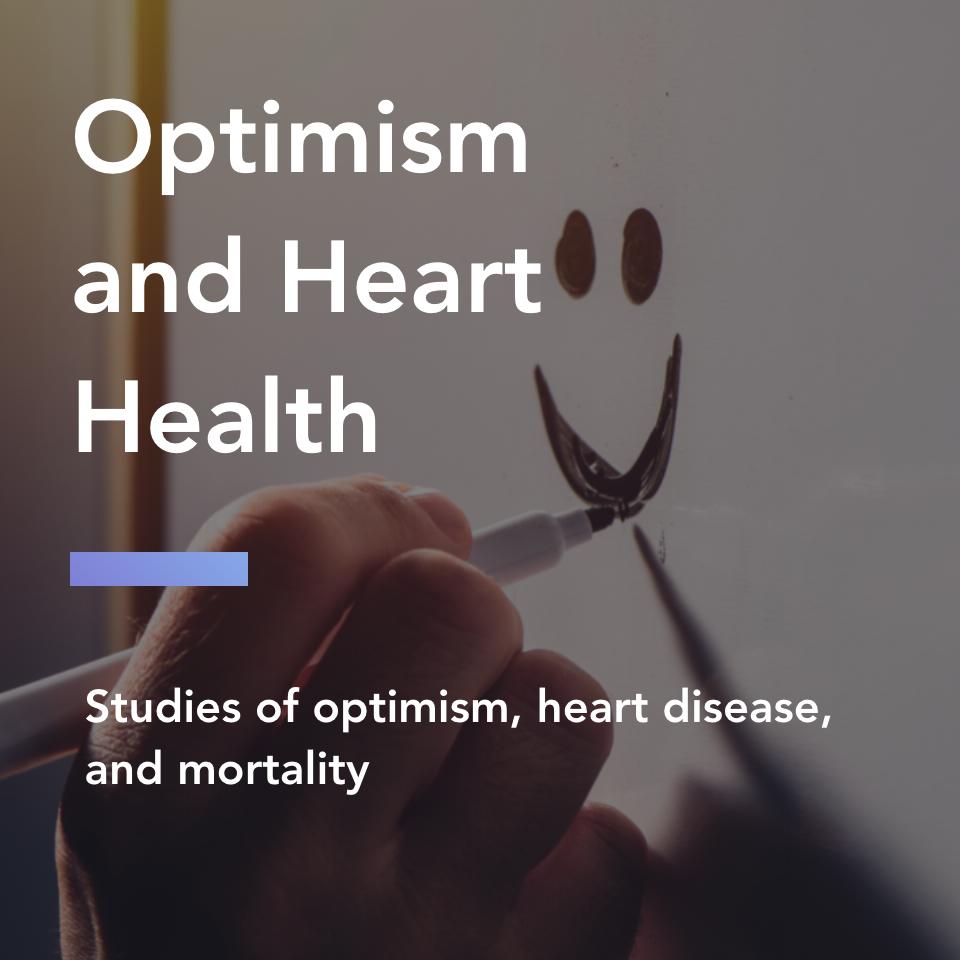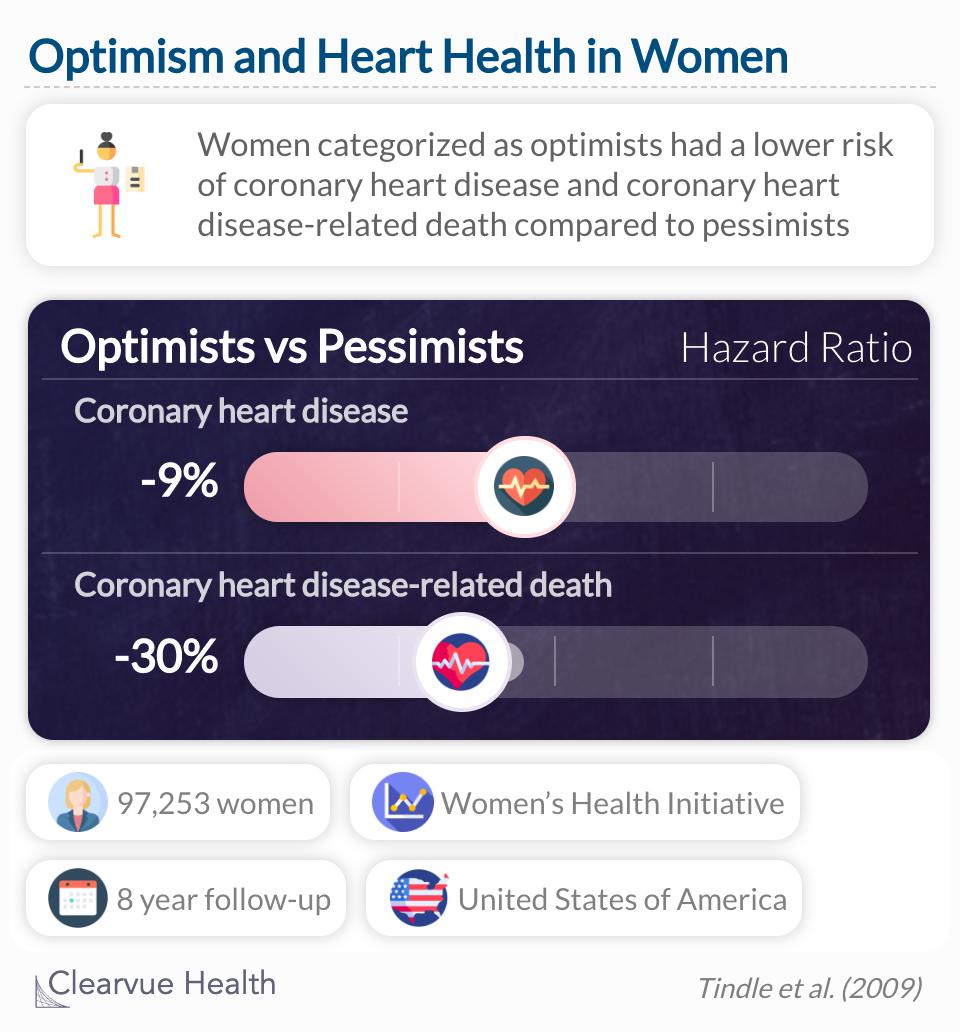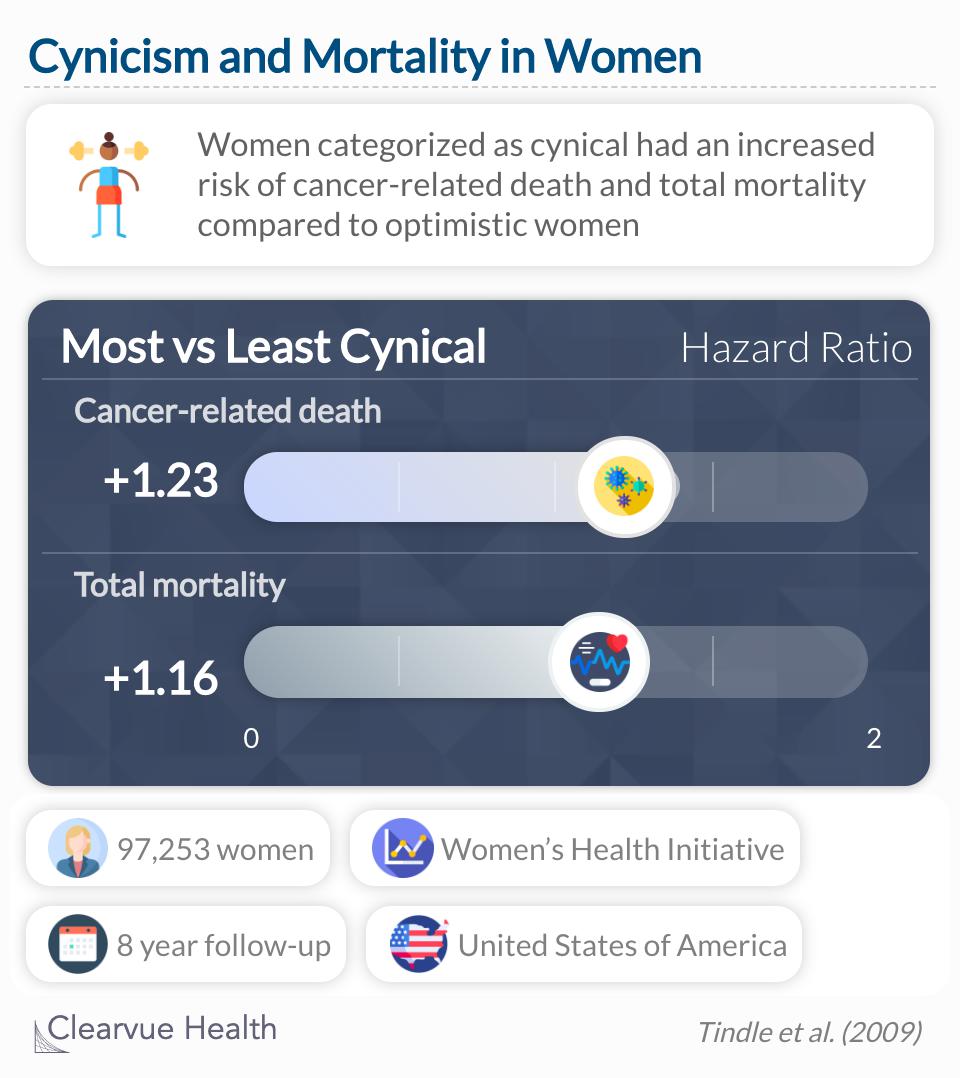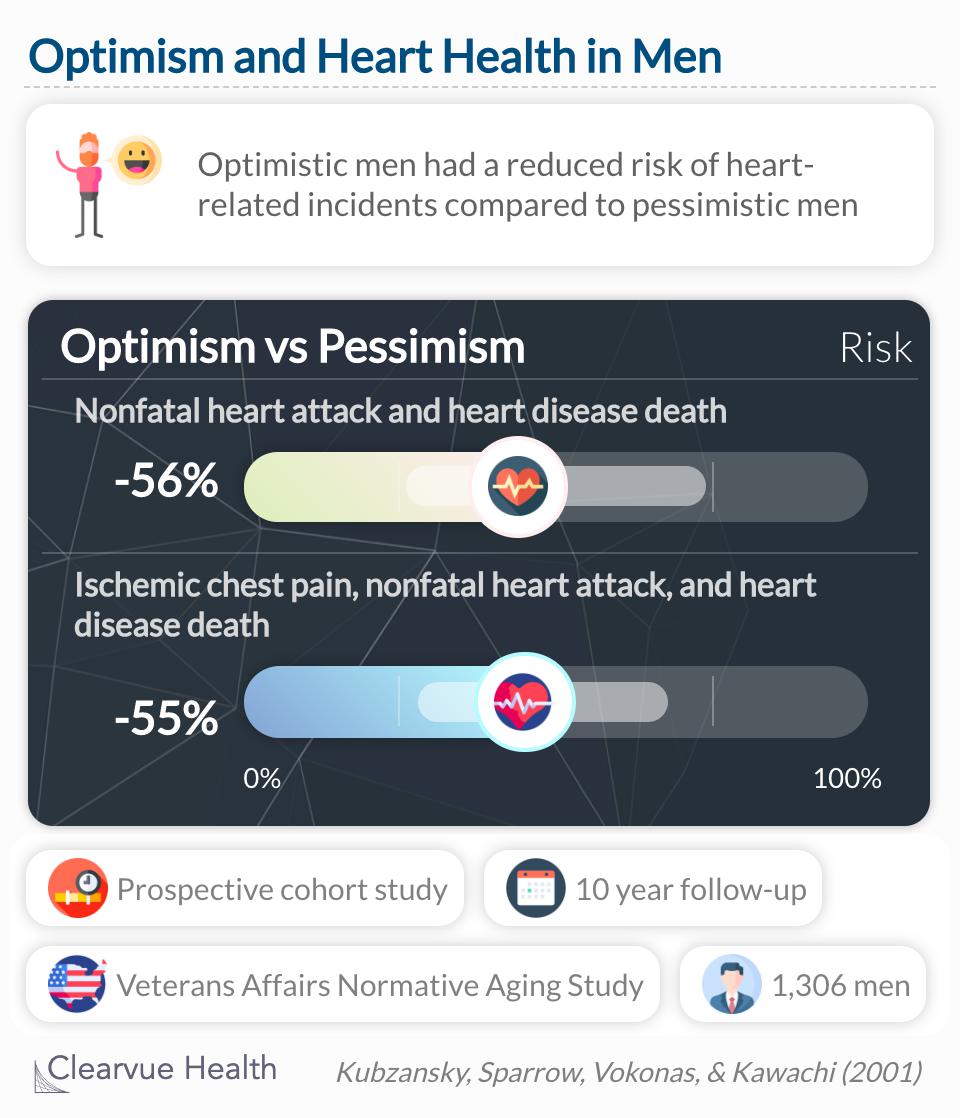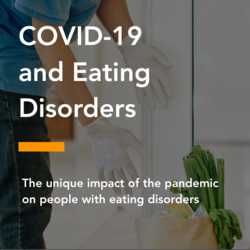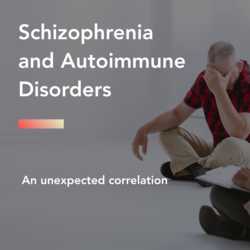optimism and heart health: studies of optimism, heart disease, and mortality
To some, optimism comes easily. To others, optimism is a conscious choice made in difficult or inconvenient situations. Optimism has been associated with improved mental and emotional well-being. A variety of therapeutic methods use optimism as a tool, such as cognitive behavioral therapy and guided meditation. Research suggests that optimism can improve physical health as well.
Optimism in Women
The Women's Health Initiative is a study that began in 1992 and has provided researchers with invaluable data on the state of women's health. The study encompasses a variety of health topics such as diet, cancer incidence, and psychological measurements. A cohort within the study was assessed for feelings of optimism, pessimism, cynicism, and hostility. The results of the questionnaires were analyzed with their reported health outcomes.
Optimists (versus pessimists) had a lower hazard of CHD (AHR 0.91, 95% CI 0.83 to 0.99), CHD-related mortality (AHR 0.70, 95% CI 0.55 to 0.90), cancer-related mortality (blacks only; AHR 0.56, 95% CI 0.35 to 0.88), and total mortality (AHR 0.86, 95% CI 0.79 to 0.93).
Source: Optimism, Cynical Hostility, and Incident Coronary Heart Disease and Mortality in the Women’s Health Initiative
Women who were categorized as optimists had a lower risk of coronary heart disease and coronary heart disease-related death, as well as total mortality. Cancer-related death was also significantly reduced in the optimist group, but only among black women. Women with the highest levels of optimism were also more likely to have other favorable risk factors, including measures of socioeconomic status, pre-existing health conditions, and health behaviors. Regardless, the association between optimism and heart health remained statistically significant even when adjusting for these factors.
Most (versus least) cynical, hostile women had a higher hazard of cancer-related mortality (AHR 1.23, 95% CI 1.09 to 1.40) and total mortality (AHR 1.16, 95% CI 1.07 to 1.27; this effect was pronounced in blacks).
Cynicism, pessimism, and hostility were also measured as counter-traits to optimism. Women with high cynicism scores had an increased risk of cancer-related death and total mortality. This complements the results above, yet does not specifically include heart disease. Nevertheless, this study successfully identified optimism as a potentially protective factor for heart disease.
Optimism in Men
Next, it is the men's turn. A sample of men was followed for an average of 10 years. The researchers analyzed their optimism scores who did and did not experience a heart-related incident.
Compared with men with high levels of pessimism, those reporting high levels of optimism had multivariate-adjusted relative risks of 0.44 (95% confidence interval = 0.26-0.74) for combined nonfatal myocardial infarction and coronary heart disease death and 0.45 (95% confidence interval = 0.29-0.68) for combined angina pectoris, nonfatal myocardial infarction, and coronary heart disease death.
Source: Is the glass half empty or half full? A prospective study of optimism and coronary heart disease in the normative aging study
Men with high optimism levels had a significantly lower risk of nonfatal heart attack, heart disease death, and ischemic chest pain. Similar to the women's study, this study also considered other risk factors for heart disease. Notably, the protective effect of optimism remained significant regardless of health behaviors like cigarette smoking or alcohol consumption.
Final Thoughts
In these studies, researchers concluded that both men and women benefitted physically from optimism. However, the mind-body relationship is difficult to comprehend. Stress is a good example of a mental state that influences the body. People under stress have reported stomach pain, chest pain, and other symptoms. We do not know why emotions like stress and optimism influence our physiology, but this research, as well as a body of other studies, is strong evidence that an association exists. In this way, optimism is beneficial for both the mind and body.
